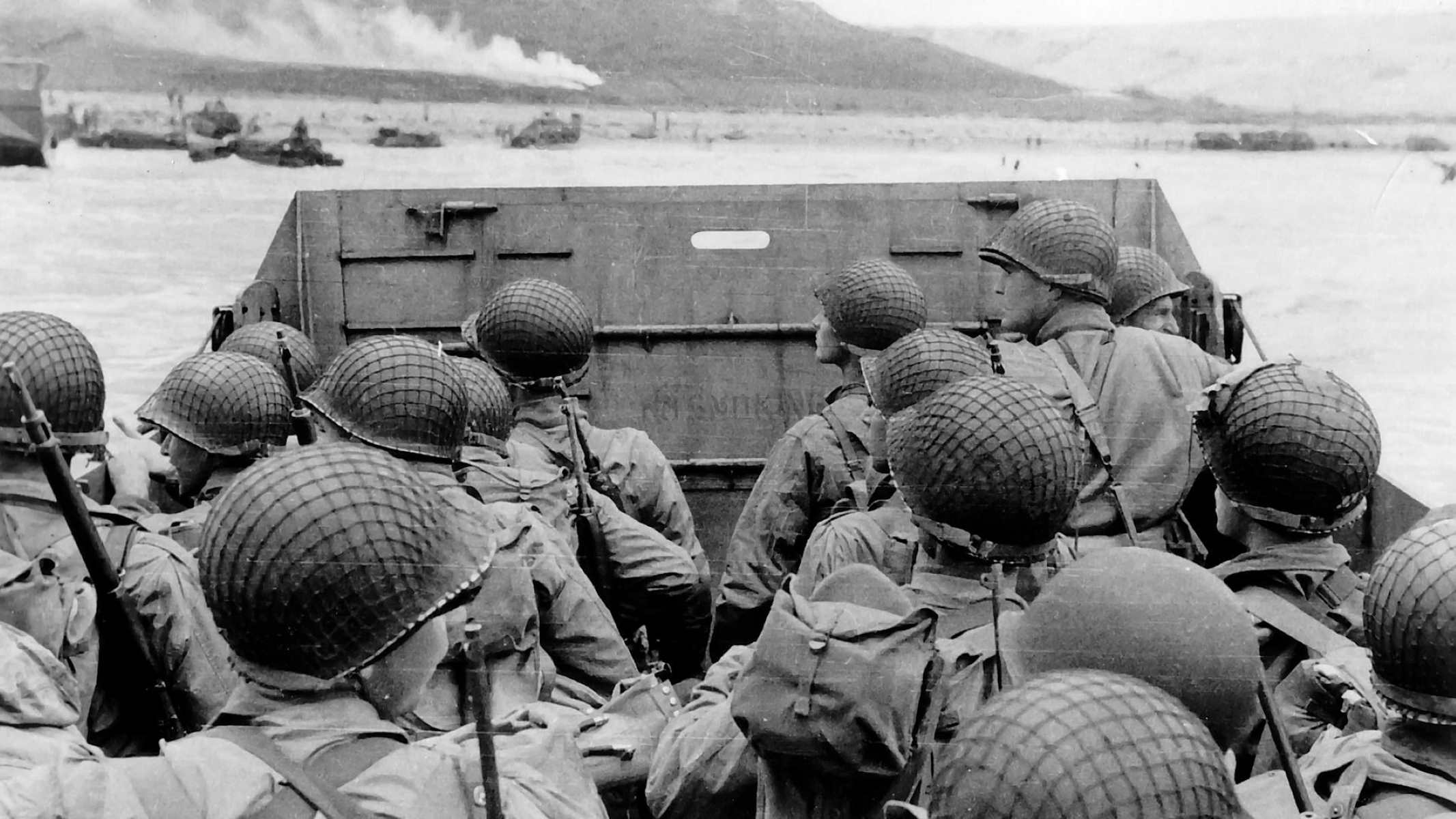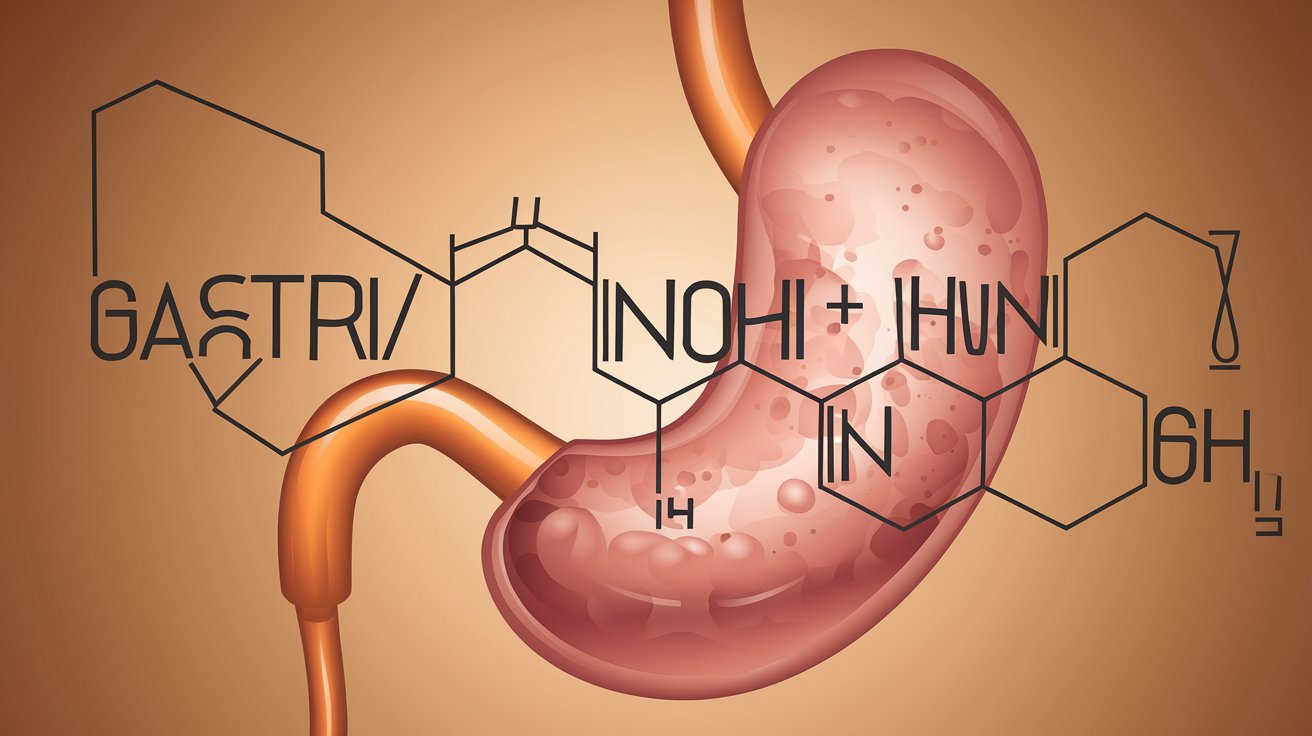
Did you know that amphetamines played a significant role in World War II? These powerful stimulants, often referred to as "pep pills," were widely used by soldiers on both sides of the conflict. Amphetamines helped troops stay awake, alert, and focused during long missions. The use of these drugs wasn't limited to just one country; both the Allies and Axis powers relied on them. German soldiers used Pervitin, while American and British forces had Benzedrine. This widespread use of amphetamines had a profound impact on the war's dynamics and the soldiers' experiences. Understanding this aspect of WW2 provides a unique perspective on the challenges faced by those who fought. Get ready to dive into 35 intriguing facts about how amphetamines influenced World War II.
Key Takeaways:
- Soldiers in WW2 used amphetamines to stay alert and focused, but faced addiction and health issues. This influenced post-war regulations and cultural references.
- Amphetamine use in WW2 had lasting effects on soldiers and society, leading to ethical considerations and ongoing historical research.
The Role of Amphetamines in WW2
During World War II, amphetamines played a significant role in the lives of soldiers. These stimulants were used to enhance performance, reduce fatigue, and maintain alertness. Here are some fascinating facts about their use during the war.
-
Widespread Use: Amphetamines were used by soldiers from various countries, including Germany, Japan, the United States, and the United Kingdom.
-
Pervitin: The German military used a specific type of amphetamine called Pervitin, which was distributed to soldiers to keep them awake and alert during long missions.
-
Benzedrine: In the United States and the United Kingdom, Benzedrine was the amphetamine of choice. It was used to combat fatigue and improve focus.
-
Pilot's Little Helper: Amphetamines were especially popular among pilots who needed to stay awake and alert during long flights and bombing missions.
-
D-Day: Allied soldiers were given amphetamines during the D-Day invasion to help them stay focused and energized during the intense battle.
Effects on Soldiers
Amphetamines had a range of effects on soldiers, both positive and negative. These effects influenced their performance and well-being during the war.
-
Increased Alertness: Amphetamines helped soldiers stay awake and alert during long periods of combat or reconnaissance missions.
-
Enhanced Performance: The stimulants improved physical and mental performance, allowing soldiers to react quickly and efficiently.
-
Reduced Fatigue: Soldiers could endure longer periods of activity without feeling tired, which was crucial during extended battles.
-
Improved Morale: The drugs provided a temporary boost in morale, helping soldiers cope with the stress and fear of combat.
-
Addiction: Prolonged use of amphetamines led to addiction, causing soldiers to rely on the drugs to function.
Medical and Ethical Concerns
The use of amphetamines during WW2 raised several medical and ethical concerns. These issues were often overlooked in the pursuit of military success.
-
Side Effects: Amphetamines caused side effects such as increased heart rate, anxiety, and insomnia, which could impair a soldier's performance.
-
Long-Term Health Issues: Prolonged use led to long-term health problems, including heart disease, mental health disorders, and addiction.
-
Ethical Dilemmas: The distribution of amphetamines raised ethical questions about the manipulation of soldiers' mental and physical states for military gain.
-
Lack of Informed Consent: Many soldiers were not fully informed about the potential risks and side effects of the drugs they were given.
-
Post-War Consequences: After the war, many soldiers struggled with addiction and health issues related to their amphetamine use.
Amphetamines in Different Armies
Different armies had unique approaches to the use of amphetamines. These variations highlight the diverse strategies employed during the war.
-
German Blitzkrieg: The German military's use of Pervitin was integral to the success of the Blitzkrieg strategy, allowing soldiers to maintain high levels of energy and aggression.
-
Japanese Kamikaze Pilots: Japanese pilots used amphetamines to stay focused and fearless during their suicide missions.
-
British RAF: The Royal Air Force provided Benzedrine to pilots to help them stay alert during long bombing raids over Germany.
-
American Infantry: U.S. infantry soldiers used amphetamines to endure the grueling conditions of combat in both the European and Pacific theaters.
-
Soviet Red Army: While less documented, there is evidence that the Soviet Red Army also used stimulants to enhance soldier performance.
Post-War Impact
The impact of amphetamine use during WW2 extended beyond the battlefield. The post-war period saw significant consequences for both soldiers and society.
-
Veteran Addiction: Many veterans returned home with addiction issues, struggling to readjust to civilian life without the stimulants they had relied on.
-
Medical Research: The widespread use of amphetamines during the war spurred medical research into their effects and potential therapeutic uses.
-
Regulation: Post-war, governments began to regulate amphetamines more strictly, recognizing the potential for abuse and addiction.
-
Cultural Impact: The use of amphetamines during the war influenced popular culture, with references appearing in literature, film, and music.
-
Military Policy: The experiences of WW2 led to changes in military policy regarding the use of performance-enhancing drugs.
Lesser-Known Facts
There are many lesser-known facts about amphetamine use during WW2 that shed light on the complexities of this issue.
-
Female Soldiers: Female soldiers and support staff also used amphetamines to cope with the demands of their roles.
-
Civilian Use: Amphetamines were not limited to the military; civilians, including factory workers and medical staff, used them to maintain productivity.
-
Black Market: A black market for amphetamines emerged, with soldiers trading and selling their supplies.
-
Propaganda: Some countries used propaganda to promote the use of amphetamines, portraying them as a tool for victory.
-
Scientific Studies: During the war, scientific studies were conducted to understand the effects of amphetamines on human performance.
Modern Reflections
Reflecting on the use of amphetamines during WW2 provides valuable insights into the ethical and medical challenges faced by soldiers and society.
-
Lessons Learned: The experiences of WW2 highlight the importance of ethical considerations in the use of performance-enhancing drugs.
-
Veteran Support: Modern veteran support programs often address issues related to addiction and mental health, recognizing the long-term impact of wartime drug use.
-
Historical Research: Ongoing historical research continues to uncover new information about the use of amphetamines during the war.
-
Public Awareness: Increased public awareness of the history of amphetamine use helps inform current debates about drug policy and military ethics.
-
Continued Relevance: The lessons of WW2 remain relevant today, as modern militaries grapple with the ethical implications of using performance-enhancing drugs.
Final Thoughts on WW2 Amphetamine Use
WW2 saw widespread amphetamine use among soldiers. These stimulants, like Benzedrine and Pervitin, were handed out to boost alertness and combat fatigue. While they helped in the short term, long-term effects included addiction and severe health issues. The use of these drugs wasn't just limited to one side; both the Allies and Axis powers relied on them. This practice highlighted the desperate measures taken during wartime. Understanding this aspect of history sheds light on the physical and psychological toll on soldiers. It also serves as a reminder of the ethical considerations in using performance-enhancing substances. The legacy of amphetamine use in WW2 continues to influence military and medical policies today. It's a stark example of how war pushes boundaries, sometimes with lasting consequences.
Frequently Asked Questions
Was this page helpful?
Our commitment to delivering trustworthy and engaging content is at the heart of what we do. Each fact on our site is contributed by real users like you, bringing a wealth of diverse insights and information. To ensure the highest standards of accuracy and reliability, our dedicated editors meticulously review each submission. This process guarantees that the facts we share are not only fascinating but also credible. Trust in our commitment to quality and authenticity as you explore and learn with us.


